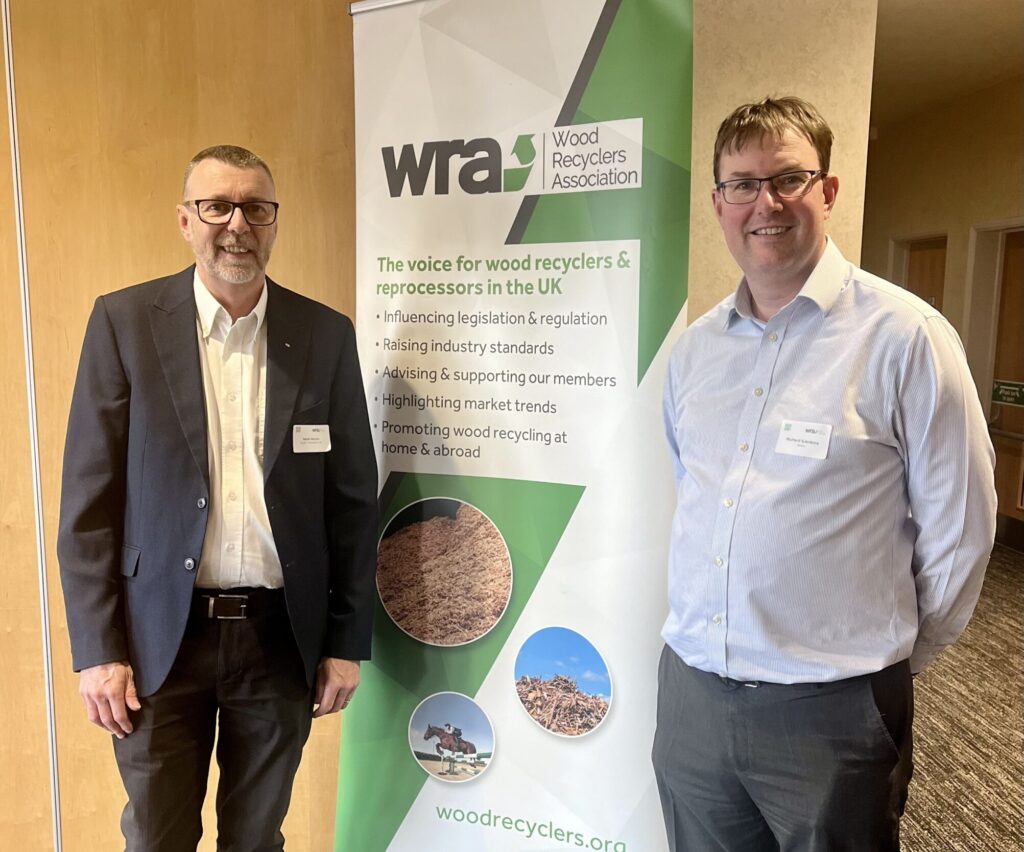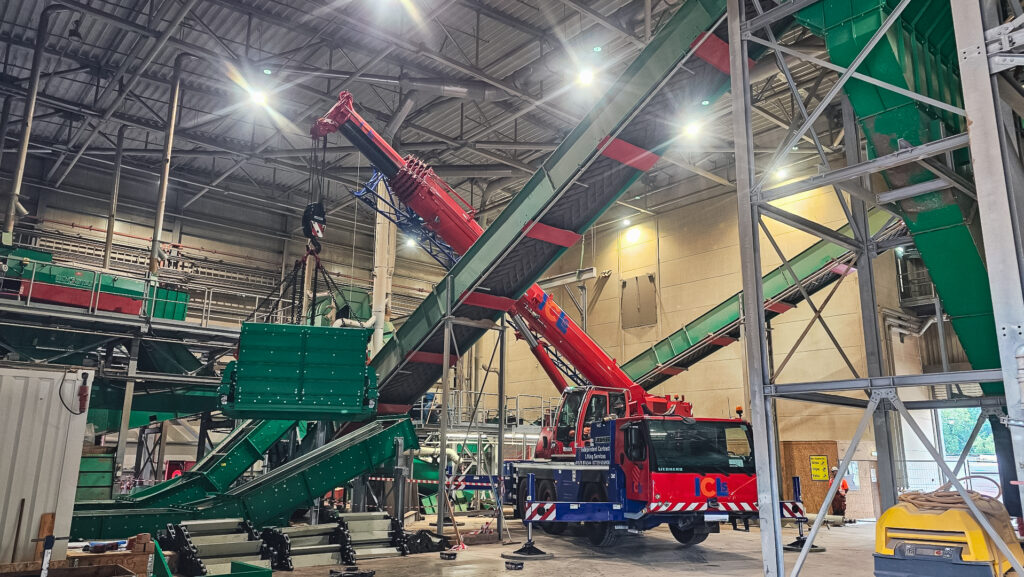A trading statement from the company today (2 February) outlined that the “unplanned outages” experienced during the winter months resulted in a £2 million decrease to £20 million in predicted earnings for the year compared to the guidance stated in interim results in November 2022.
Esken Renewables, formally Stobart Energy, has long-term contracts to supply 1.7 million tonnes of fuel (mainly waste wood) to biomass plants, generating renewable energy equivalent to the annual domestic electricity needs of 2% of the UK population.
The company explained that the continuing unforeseen outages have reduced the total volume of waste wood supplied by Esken Renewables and the associated gate fee income. The company reasoned that it “would normally expect to make up these losses over time but the proximity to year end has made this unlikely”.
However, the statement noted that management anticipate “more normalised plant operating levels” in the financial year 2024.
Site closure
The statement also stated that the Port Clarence site will close on 31 March. As a result, it has entered into a new sub-supply agreement to support the Chilton Biomass plant which will replace the supply currently provided from the Port Clarence processing and storage site.
The company reasoned that this action, alongside the new sub-supply agreement, is expected to deliver an additional £0.9m of annual recurring earnings from 1 April. The closure of the site will also generate a one off cash inflow of £0.9m after exit costs, Esken Renewables said. It then added that the new sub supply arrangement does not impact the agreement with Chilton Biomass, which runs to December 2029.
Prospects
Esken Renewables is “likely to return to growth” in the financial year 2024, according to an analysis by a financial services firm Canaccord Genuity.
Canaccord Genuity explained that the unplanned outages during winter experienced by Esken Renewables’ customers were due to supply chain issues. It used the example of one customer plant having to wait three months for a boiler repair, which needed parts from Germany.
A likely return to more normal activity levels is “unlikely” to make up the consequent gap in the financial year 2023 as February year-end approaches, but financial year 2024 “remains unchanged”, the financial services firm said. It added that the next financial year remains supported by renewed funding to November 2025/26.
Demand
Across the UK, there were a string of unplanned outages at biomass plants across the UK, in particular in the south. This meant there were parts of the country which were seeing large amounts of waste wood volumes this winter, at a time when stocks are usually low.
This coincided with a reported shortage on the continent, which made exports more appealing. However, trans frontier documentation takes a while to prepare, so much of the excess material was instead transported to more competitive areas in the UK for waste wood, such as the Midlands.
Demand from the panelboard sector has also been lower this winter, as the cost of living crisis lowers demand for new products. This also meant less material was heading into this market to be reused, further heightening the tonnage of material in some areas.









Subscribe for free